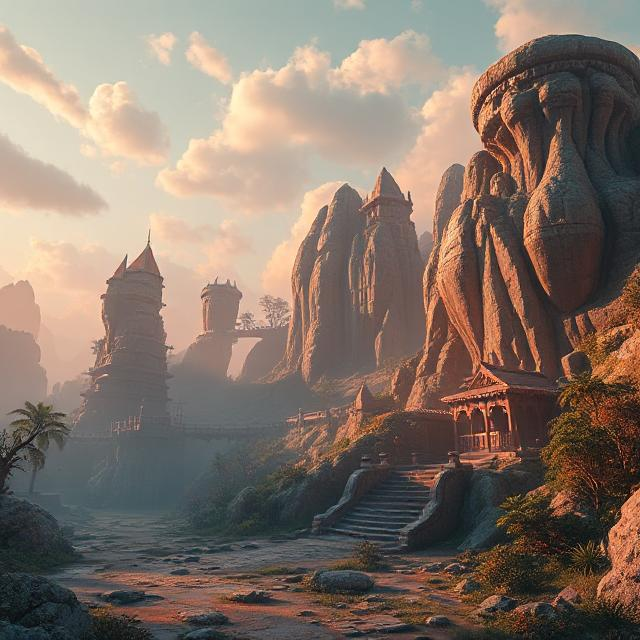Game soundtracks have become an essential part of the gaming experience, helping to immerse players in the world and emotions of a game. Whether it’s the adrenaline-pumping music of an action game or the tranquil melodies of an RPG, music plays a significant role in shaping how we feel while playing. Let’s explore why soundtracks are so important in video games.
One of the primary functions of game music is atmosphere. A well-crafted soundtrack helps set the tone and immerse players in the world of the game. For example, in The Elder Scrolls V: Skyrim, the powerful orchestral score evokes a sense of grandeur and adventure, enhancing the player’s experience of exploring a vast open world. On the other hand, in a game like Limbo, the minimalist soundtrack contributes to the eerie and unsettling atmosphere, drawing players into its dark, mysterious world.
Another key aspect of game music is emotional impact. Music can convey emotions that enhance the story and gameplay. In Journey, the soundtrack, composed by Austin Wintory, uses music to create a sense of wonder and introspection, heightening the emotional journey of the protagonist. Music can also intensify moments of action and excitement, like the pulsating beats in DOOM or the stirring battle themes in Final Fantasy.
Soundtracks are also used to reinforce gameplay mechanics. In games like Tetris or Super Mario Bros., the music and sound effects are carefully designed to sync with the rhythm and pace of the gameplay. The music in Tetris, for example, intensifies as the player progresses, reflecting the growing difficulty of the game. Similarly, in Halo, the epic theme music adds weight to the space-faring battles, making every encounter feel monumental.
In many ways, video game soundtracks are as iconic as the games themselves. Memorable tracks like the theme from The Legend of Zelda, Super Mario Bros., and The Witcher 3 have become ingrained in gaming culture. These soundtracks are not only recognized by players but also celebrated by orchestras and musicians in live performances, proving that the power of game music extends beyond the game itself.

Leave a Reply